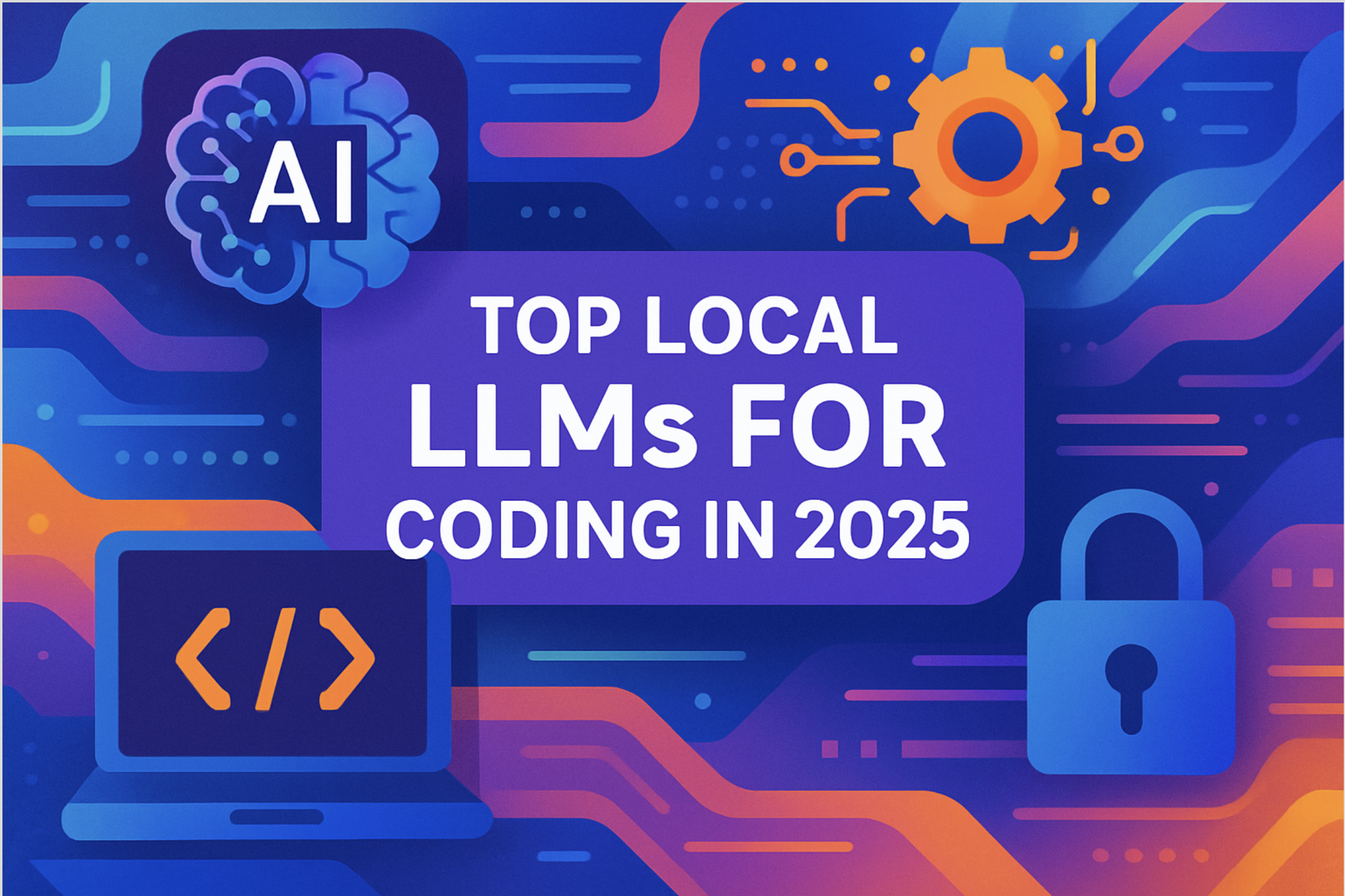
Exploring the Best Local LLMs for Coding in 2025
As the realm of software development evolves, local large language models (LLMs) have emerged as powerful tools that enable developers to generate and assist with code entirely offline. A recent review by MarkTechPost highlights the top local LLMs for coding as of mid-2025, showcasing their capabilities and advantages for developers.
Why Choose a Local LLM for Coding?
Utilizing local LLMs offers several compelling benefits:
- Enhanced Privacy: Since all processing occurs on the user's device, there is no risk of sensitive code being transmitted over the internet.
- Offline Capability: Developers can work anywhere and anytime without relying on internet connectivity.
- Zero Recurring Costs: Once the hardware is set up, there are no ongoing subscription fees, making it a cost-effective solution.
- Customizable Performance: Users can fine-tune the model's performance and integration according to their specific device and workflow requirements.
Leading Local LLMs for Coding (2025)
The following models stand out in the current landscape:
- Code Llama 70B: This model requires 40–80GB of VRAM for full precision and 12–24GB with quantization. It excels in languages such as Python, C++, and Java, making it ideal for professional-grade coding and extensive Python projects.
- DeepSeek-Coder: With a native requirement of 24–48GB, and 12–16GB when quantized, this model is tailored for developers looking for robust performance in various coding environments.
As local LLMs continue to develop, they are becoming indispensable tools for software engineers, data scientists, and tech enthusiasts. These models not only enhance coding efficiency but also ensure that developers maintain control over their projects and data. By leveraging these advanced technologies, individuals and organizations can optimize their coding workflows and drive innovation in their respective fields.
Rocket Commentary
The emergence of local large language models (LLMs) represents a significant shift in software development, promising enhanced privacy and offline capabilities that resonate with the industry's growing concerns over data security and dependence on cloud services. As highlighted, the ability to generate code without internet connectivity empowers developers to work flexibly and autonomously. However, while the advantages of zero recurring costs and customization are notable, we must remain vigilant about the broader implications of this technology. Local LLMs must prioritize ethical guidelines to ensure that their deployment does not inadvertently perpetuate biases or stifle innovation. Furthermore, the industry should focus on fostering inclusivity, enabling developers from diverse backgrounds to leverage these tools. As we navigate this transformative landscape, it is crucial to balance accessibility with responsibility, ensuring that local LLMs enhance not only productivity but also ethical standards in software development.
Read the Original Article
This summary was created from the original article. Click below to read the full story from the source.
Read Original Article